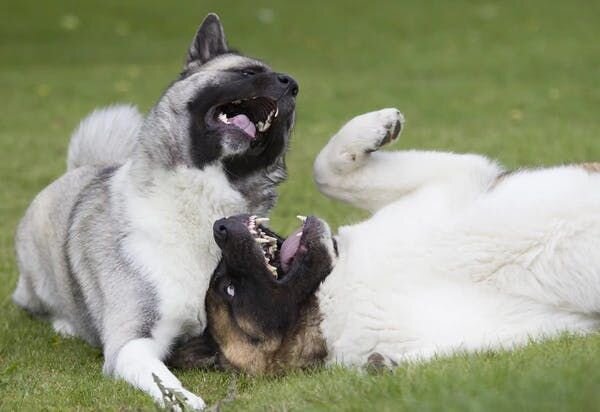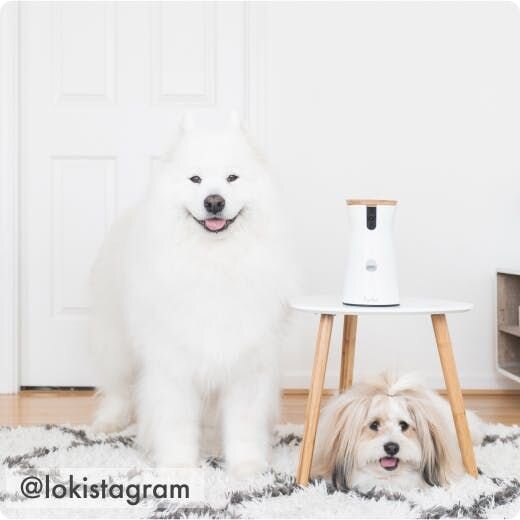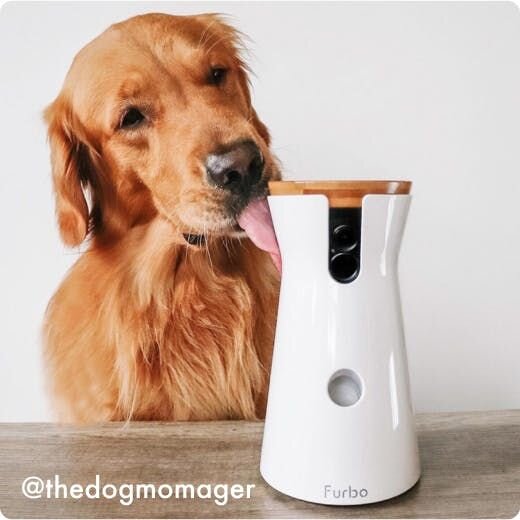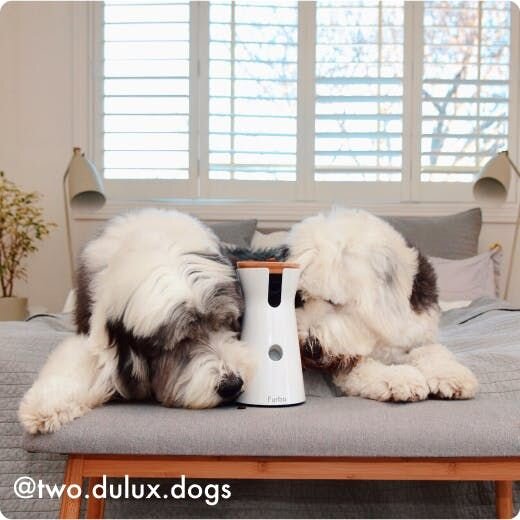
All animals communicate in one way or another, whether it’s through a loud bark, a wagging tail, or an excited howl. Our beloved dogs, not only communicate instinctually, but they learn to “talk” to us in many different ways. Howling, whining, and crying are three common methods to get needs and wants across to their humans. Learning to understand their vocalization requires us to pay close attention, and to connect the dots to discern their communication.
But what does it all mean? Why do our furbabies choose a particular method to get and hold our attention? Here are 12 reasons dogs might howl, whine, and cry.
1. Stress

The top reason dogs whine is because of stress. Suppose you’re in a training class and suddenly your pup begins whining, pacing, cowering, licking lips, or panting, dropping its tail, and quits responding to your cues. They’re telling you that there’s too much stress. The best way to fix this is to change your training place or method.
2. Appeasement

If you ever catch your dog whining and folding their ears back, tucking their tail in, rolling over on the back, crouching, and refusing to make eye contact, that means they lack confidence. The whine from a dog is telling you that they do not feel safe, and are looking to you for assurance.
3. Separation anxiety
Separation anxiety is a common issue for many furbabies. Although some may act out by tearing the house apart, others may cry, whine, or howl for hours on end. You can help by slowly conditioning the dog to be left alone for longer and longer periods. There are other ways to help your furbaby feel less anxious such as anxiety medication, toys, or supplies. A pet camera allows you to see and interact with your dog remotely when they become upset. Talking to your dog or tossing them a treat remotely is a great boon to those who must work and leave their dogs at home during the workday.
4. Pain

Interestingly enough, dogs with chronic pain rarely whine or cry from it. However, acute pain, such as the sharp pain that accompanies rising for an arthritic dog, can certainly cause them to voice discomfort. If your dog is acting out, looking tired, and whining out of the blue, a trip to the vet can be the best way to find out what’s going on.
5. Attention

Your dog adores you and wants your attention 24 hours a day. One way your pup might try to get your attention is by barking, whining, or howling. Whenever dogs feel bored or like they are being ignored, they may act out to grab their human’s attention.
6. Age-related dementia

As our dogs age, like humans, they sometimes develop cognitive problems. Confusion is very stressful to dogs, and often they will cry when they feel lost or afraid. Disorientation and dementia cause anxiety, which can cause crying, whining, or even howling. Visit your vet for professional advice and medications that may help.
7. Excitement

Dogs get excited easily, whether it is a nearby squirrel or the sound of someone coming home. Your pup may show excitement through barking, tail wagging, or pacing around in circles. Your dog’s communication is “I can’t control myself!” You can help by teaching your pup more moderate ways of greeting people so they can be calmer the next time a doorbell rings. Clicker training is a great way for dogs to learn how to be calm.
8. An invitation

In the wild, wolves would howl to organize their pack. Howling helps the outgoing scouts locate the rest of the pack and return safely. . Howling may serve a similar purpose for domestic dogs. If you’ve been gone all day, your dog might howl in hopes of bringing you back home.
9. Setting boundaries

Sometimes dogs would urinate to set boundaries; however, some dogs may also use howling and barking to communicate their territory. Letting potential predators or even just trespassers know they have entered a dog’s territory is cause for a good, long howl. Many dogs bark when someone comes to the door or drives up in the driveway; it’s a form of communication that warns trespassers away.
10. Discovery

Especially with hunting breeds, dogs may howl to alert you to the fact that they have found something. For most hunting dogs, howling is instinctual, but it can also be trained into them. Bloodhounds “sound” (howl) when they have picked up a track that they are trying to follow.
11. Trigger responses

It seems that dogs love to howl in response to certain triggers. Sirens, music, and even the sound of someone singing! Science hasn’t been able to account for why dogs will howl from certain audio triggers. Perhaps they just want to contribute to the celebration!
12. Speaking words?
Some people are convinced that their dog’s vocalizations are attempts to speak words. When sounds are selectively reinforced, they can seem to replicate human speech. However, it is unlikely that your furbaby knows what it means when they try to make the sound “I love you,” but people encourage it nonetheless.
We’re learning more all the time about the way dogs think. Maybe, in time, we’ll be able to truly understand what it is our fur buddies are trying to say through their howls, whines, and cries.






